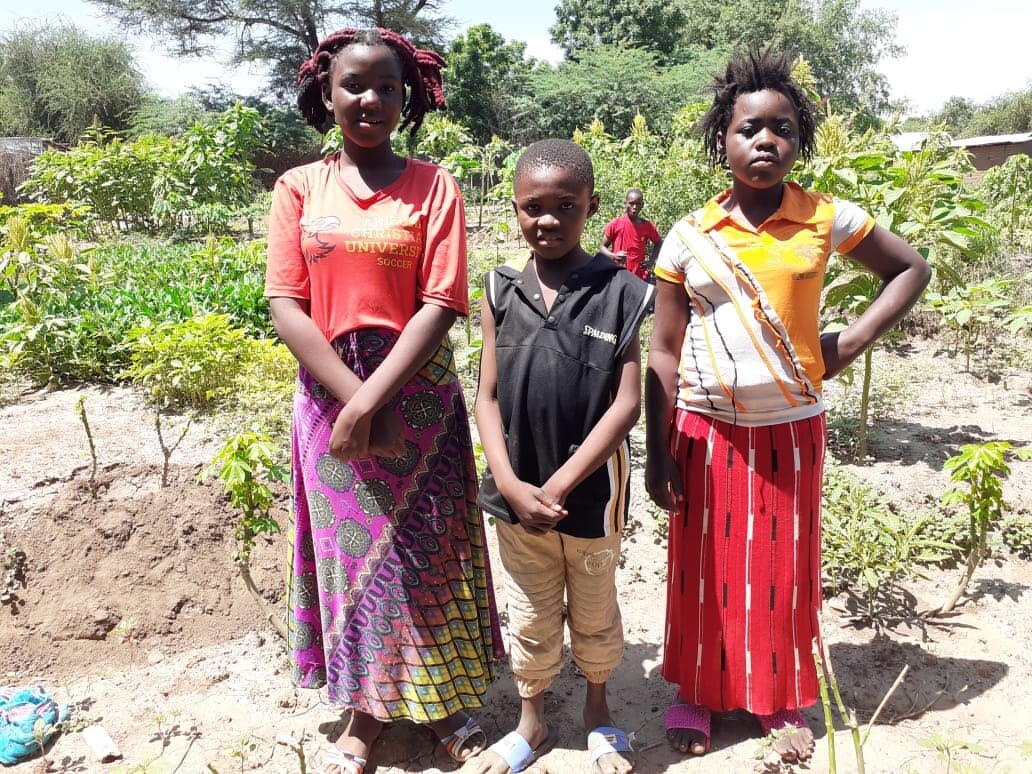
Sakina Kiriba is a passionate permaculture educator, having been sponsored by Ethos Foundation to attend a Permaculture Design Course (PDC) in 2018 at Sabina School, Uganda.
This course was organised by BEU Permaculture and led by local teachers from Uganda, Kenya and Liberia. Morag Gamble was present as course supervisor and teacher mentor – to support them as this was the first PDC they had run independently. Morag was there with her two eldest children (then 10 and 12 years old) who also completed their PDCs with Sakina.
Sakina is an advocate for sharing permaculture skills as widely as she can throughout refugee communities. She leads regular PDCs in both Kakuma and Kalobeyei and has taught in Nairobi too.
Her courses offer an understanding of permaculture design and practical skills for addressing the daily reality of poverty and hunger in the camps and provide an opportunity to build community and capacity for local food growing, micro-enterprise development and resilience.
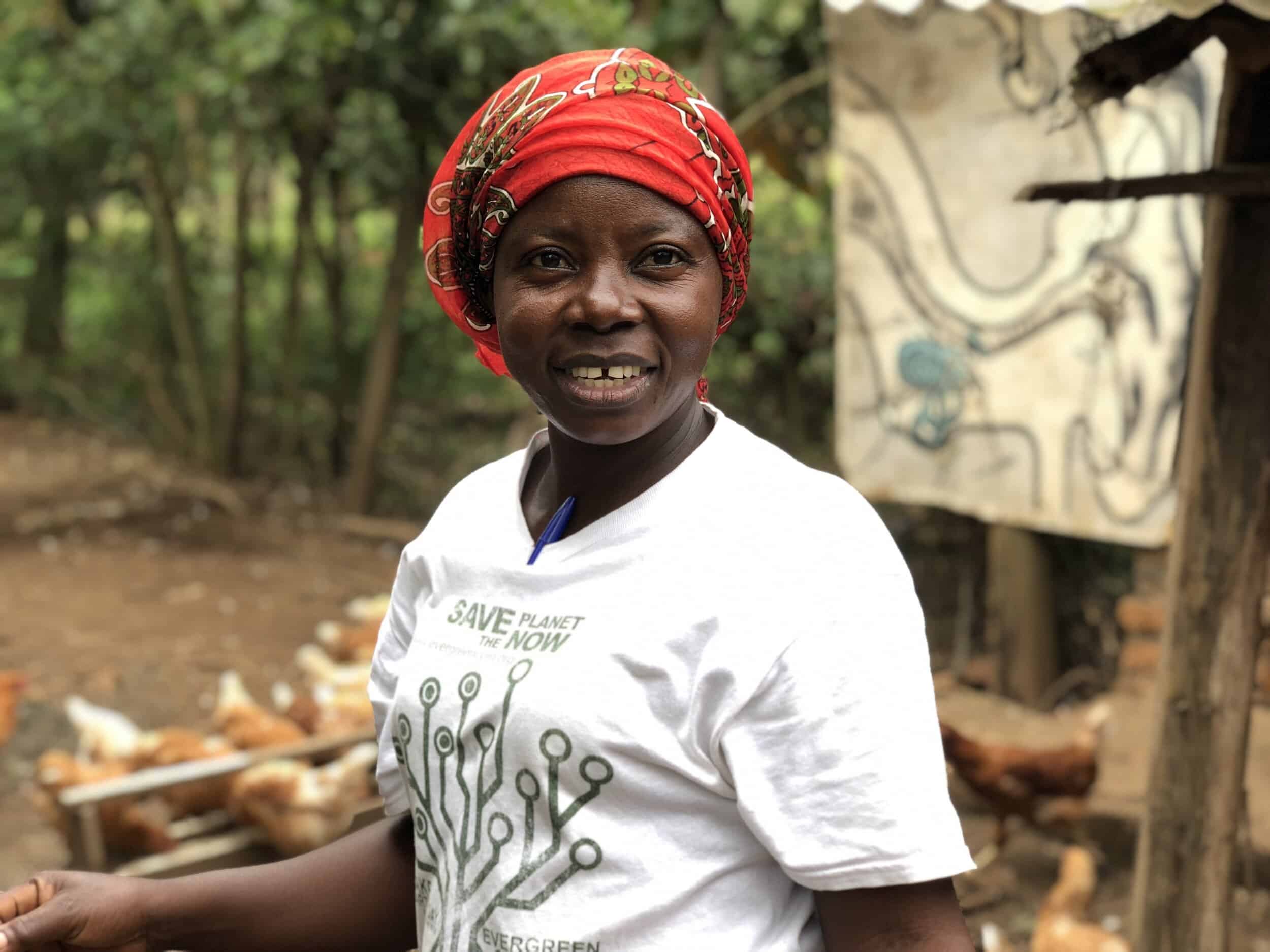
Sakina has cultivated a wonderful teaching team around her – young people who have completed her Permayouth programs. They are Imani, Elizabeth, Fatima and Sumaili who have all become an integral part of the permaculture teaching team in Kakuma and Kalobeyei, and taking care of the permaculture education gardens.
Sakina and her team are based in Kakuma Refugee Camp in NW Kenya. Sakina has lived there for almost 12 years after fleeing from the atrocities in the Democratic Republic of Congo.
Kakuma, until recently was the largest refugee camp in the world, but more recently, a new camp, Kalobeyei, has arisen to accommodate the growing number of refugees. This is just 20kms away so they are like twin camps out in the desert where the average daily temperatures in the mid-30s.
Currently, Sakina offers at least one PDC program every month and last year she trained over 150 people.
This year she hopes to hold two courses each month – one in Kakuma and the other in Kalobeyei. As Kalobeyei is quite a distance to travel each day, Sakina is seeking assistance to purchase a motorbike to make the journey to classes each day less arduous for herself and her co-teacher.
The Ethos Foundation will be helping support Sakina to raise the necessary funds to purchase a motorbike at an estimated cost of 120,000kes (approximately AUD1400) which can also be used to transport resources to the communities and distribute their produce.
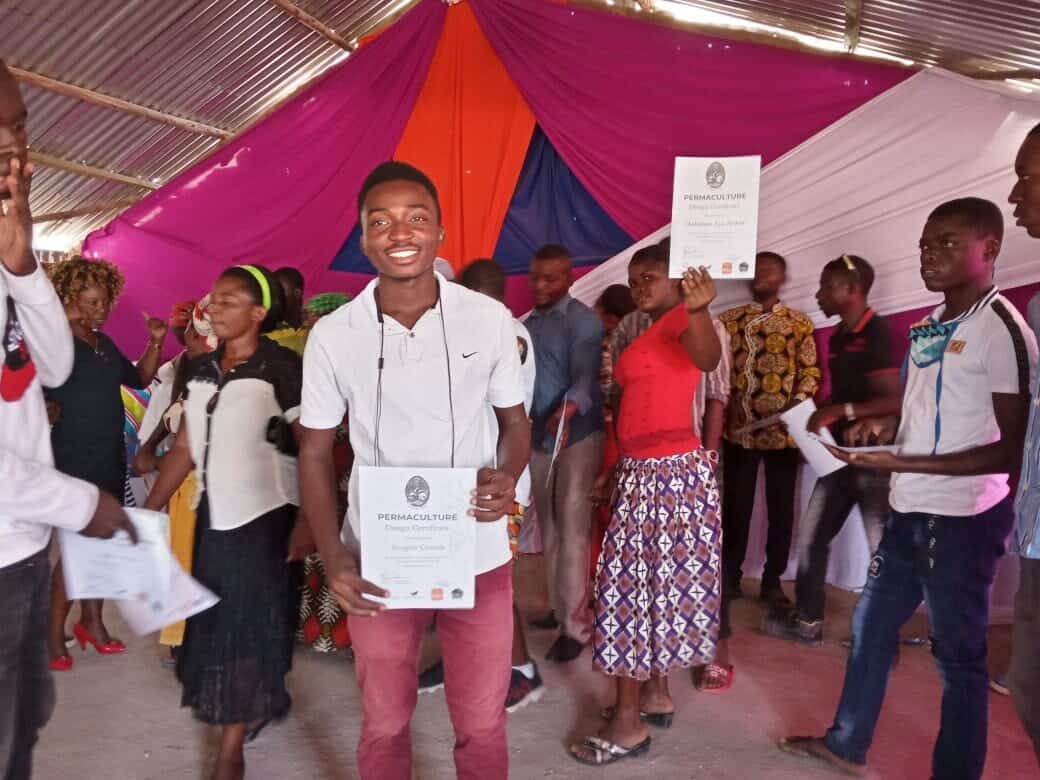
Maria is a graduate from the first group held in Kalobeyei Refugee Settlement who is delighted to have received the training. Maria was using conventional methods of agriculture farming beforehand and it was expensive to buy the chemicals, fertilisers and seeds and she struggled with water access.
The skills she learnt together with the others in her group have proven to be very helpful. She can now make her own natural fertiliser from waste (compost), grow perennial foods and self-seeding annuals that are less pest prone (tree crops more difficult in a camp situation) and improve her soil to hold more moisture, and integrate natural pest management strategies.
This will save her money, provide her with good quality food for her family and create a surplus that she’ll be able to sell – the produce, the seeds, the cuttings, the compost!
Just now a new program is being launched – a Community Loan Fund – actually a revolving loan fund for the Permayouth. During the course, participants have designed permaculture related businesses and formed cooperative teams. Each team will receive 20,000kes (around $50 each person) with the first round happening this month.
The plan is for each course to receive access to these enterprise seeding loans that they will manage together as a community savings and mutual aid scheme administered by the Kakuma Permayouth. The ideas that this first group have brainstormed include raising chickens, two guesthouses, permaculture produce, a juice stall and greens garden. To get this process started, we aim to raise funds to offer 100,000kes (approx AUD1200) seed funding to each course for the next three months, until the loans start being repaid to be used for the next groups.
The micro-enterprises will include both adults and youth as Sakina says “The adults will stand for the young to help them while the business is running, which is why we are a mix of adults and youth.
The adults will work together with the youth because they live in bad situations and they are safer when they are working with the adults. They will all gain something and share the profits of the businesses they set up”.
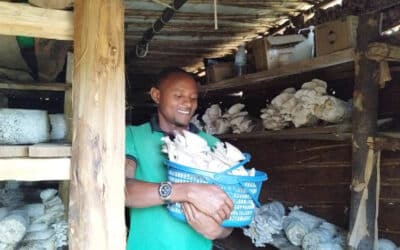
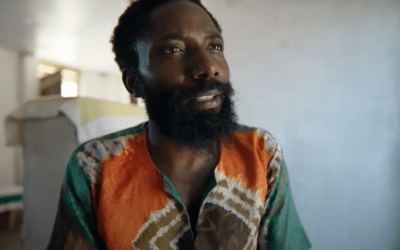
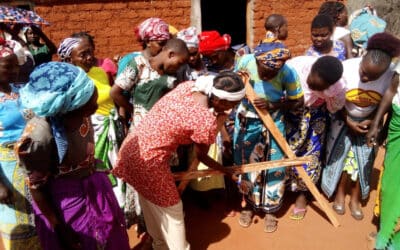
0 Comments